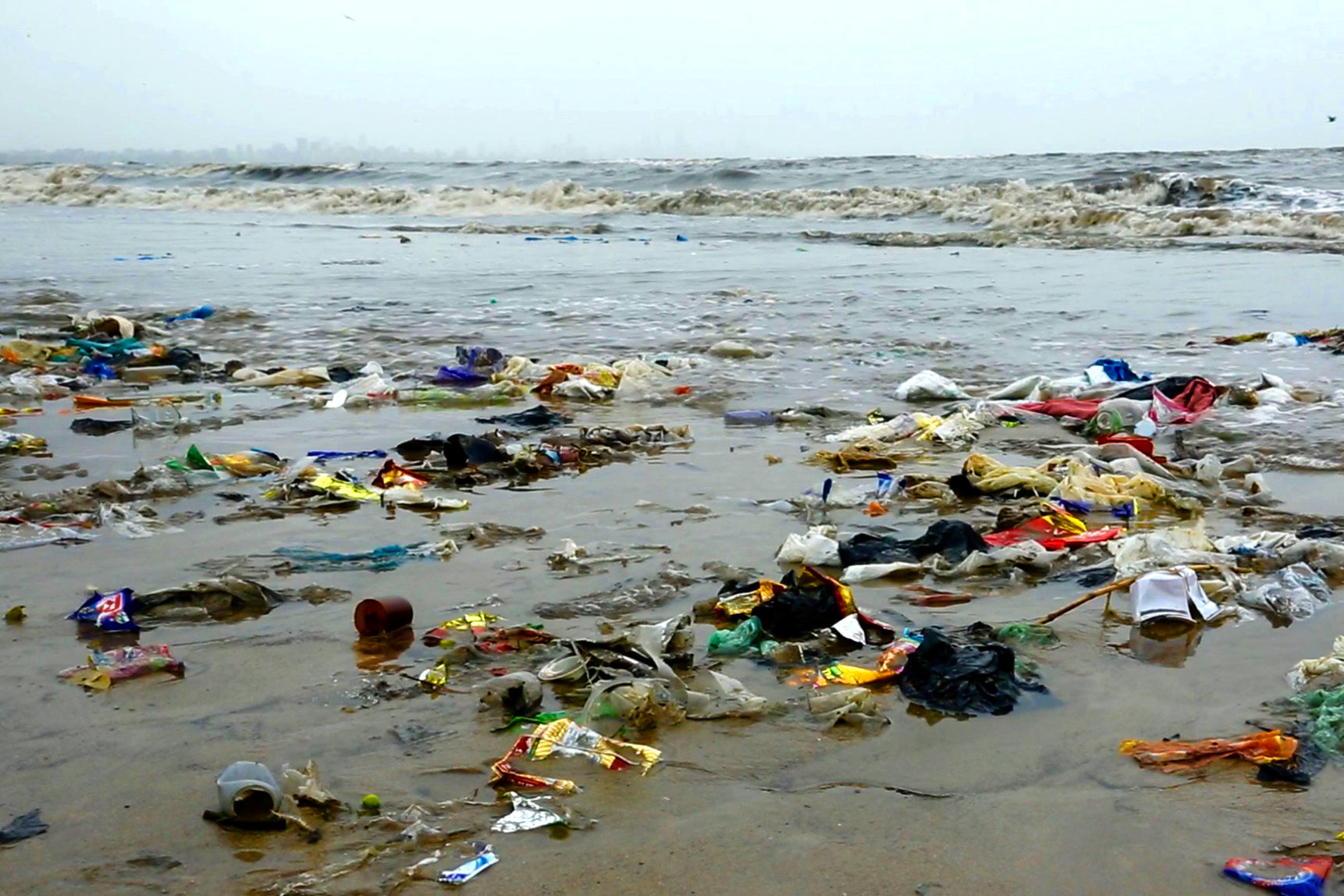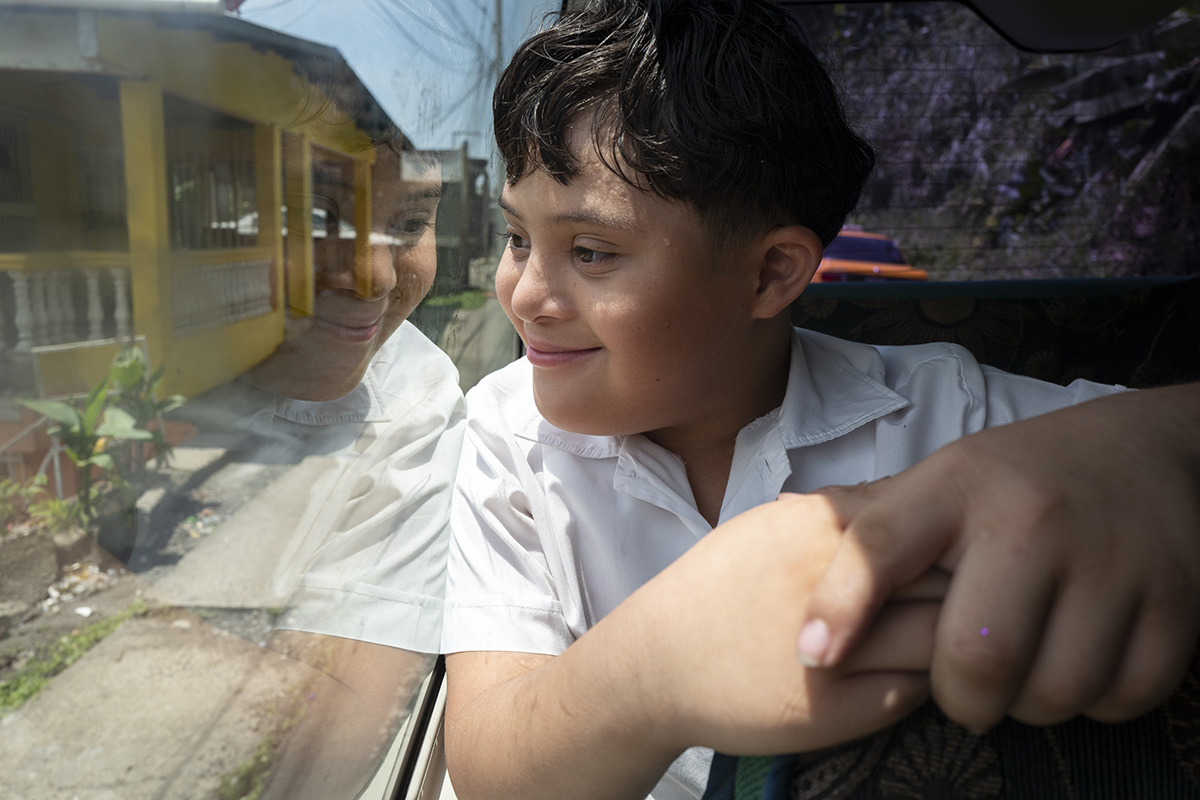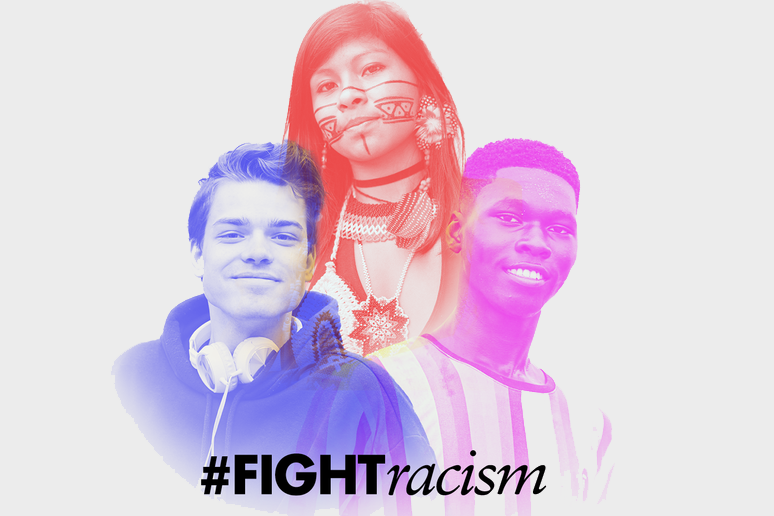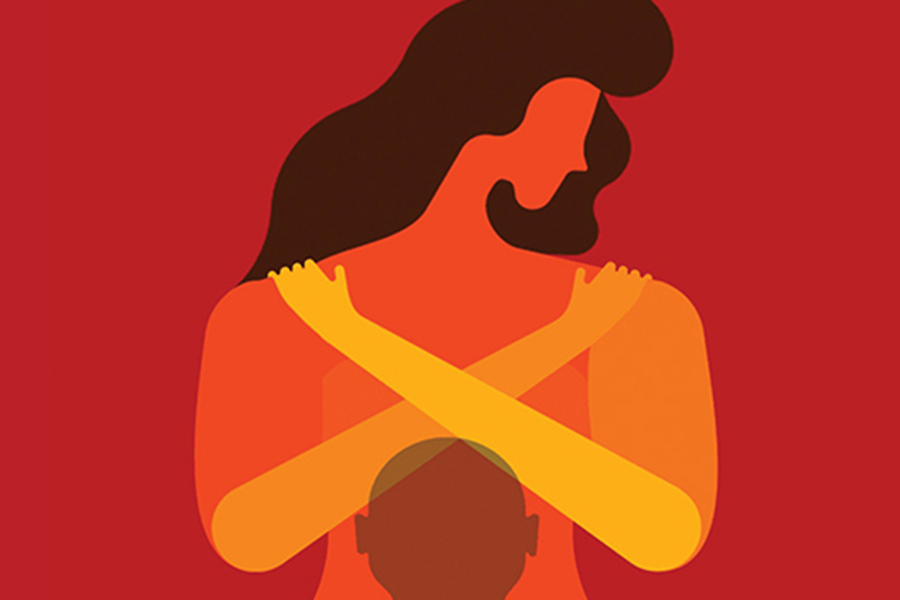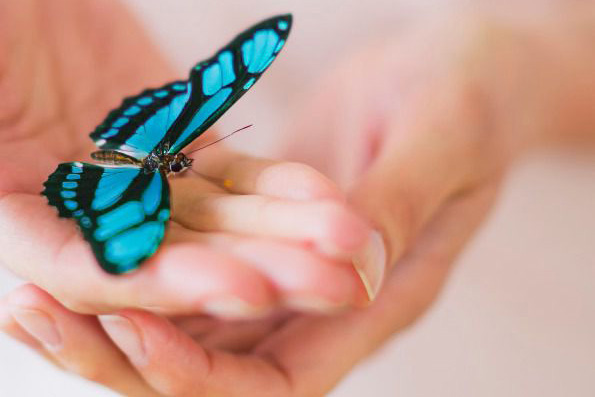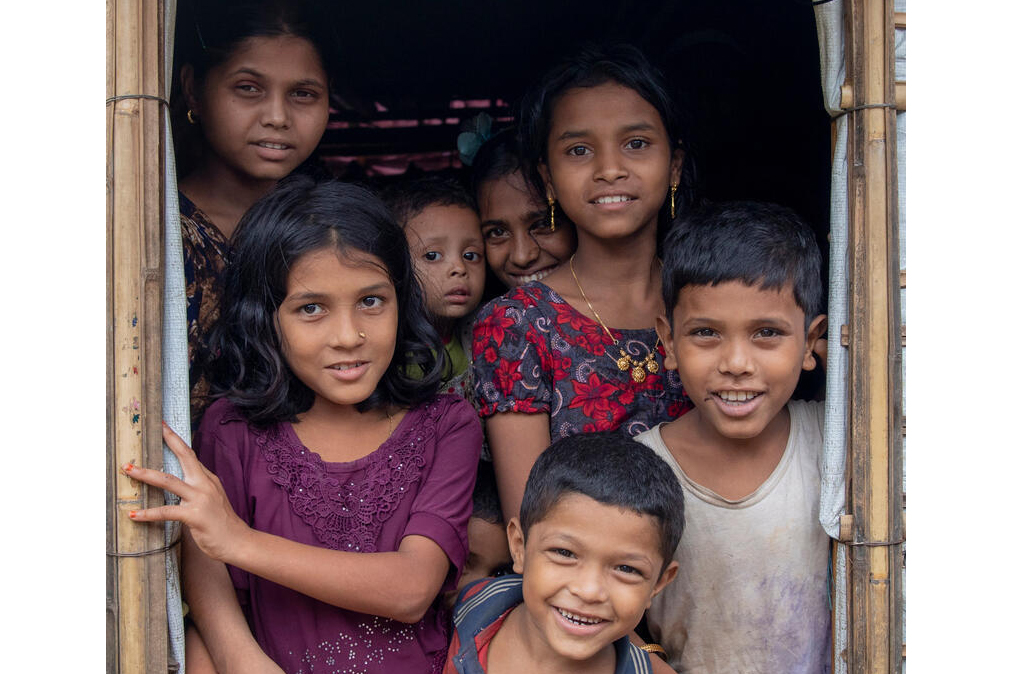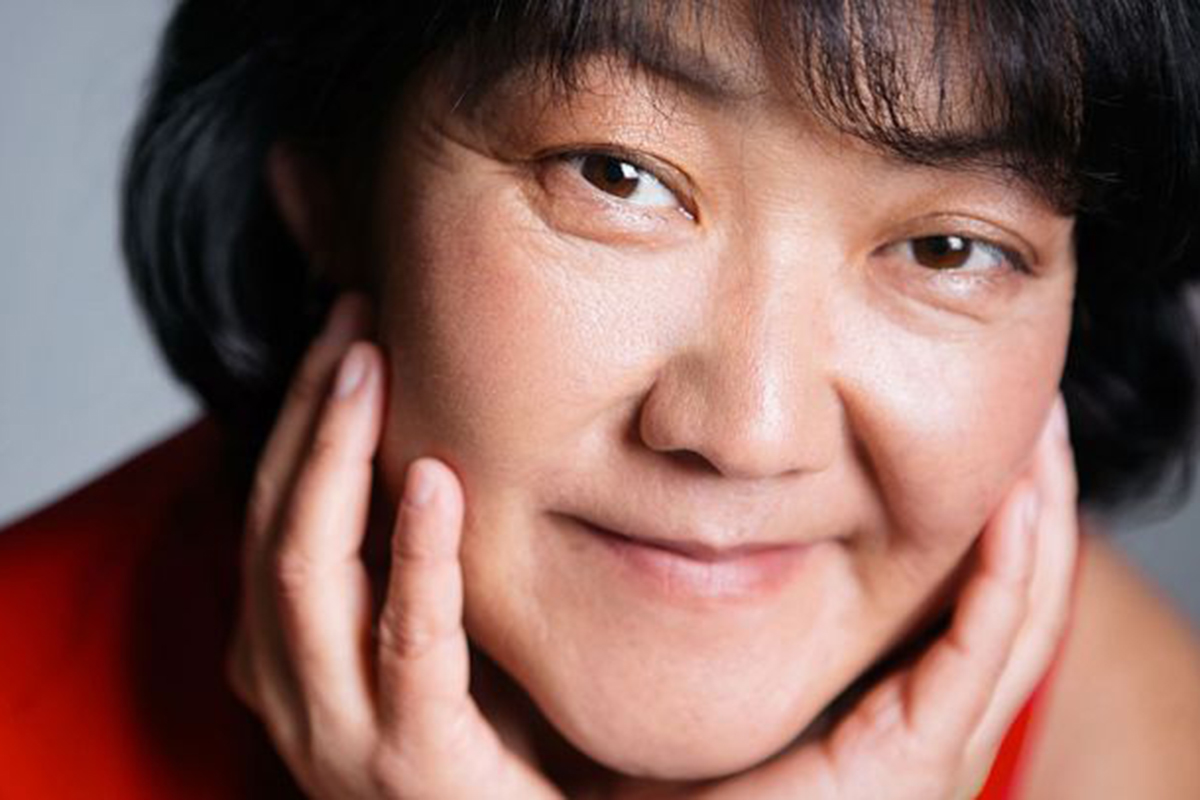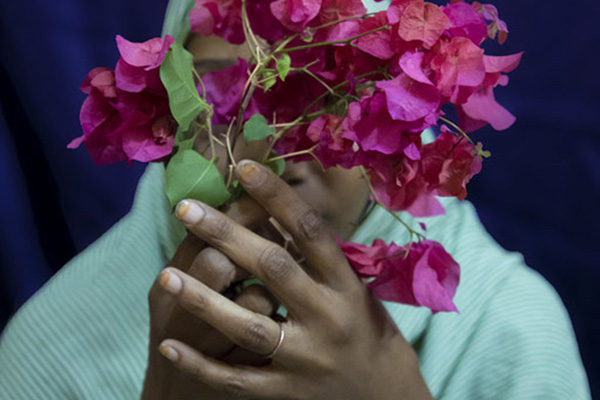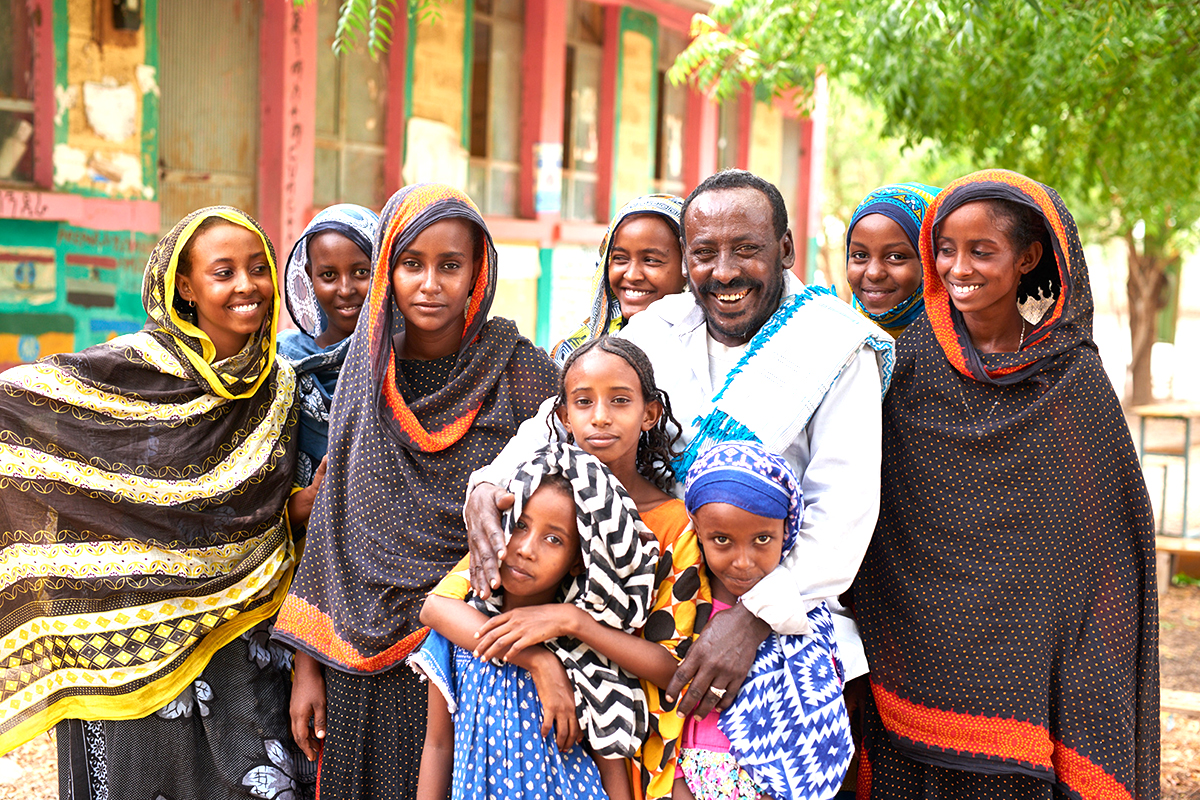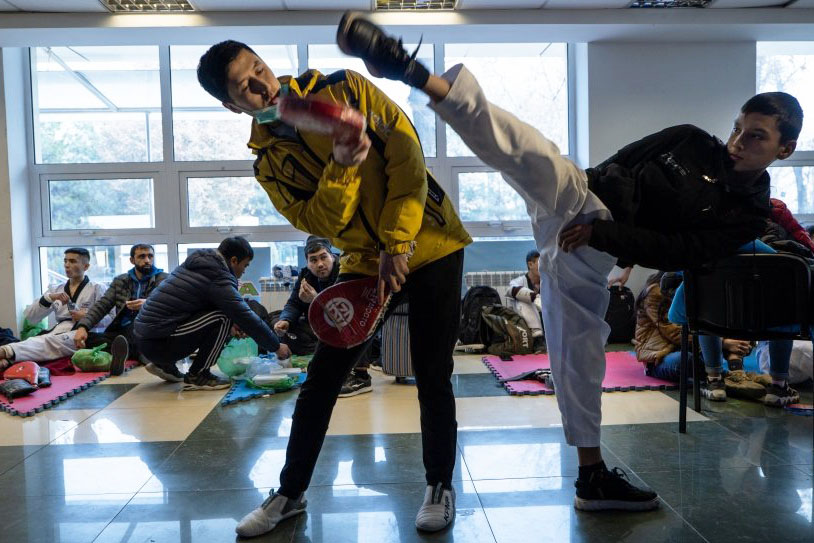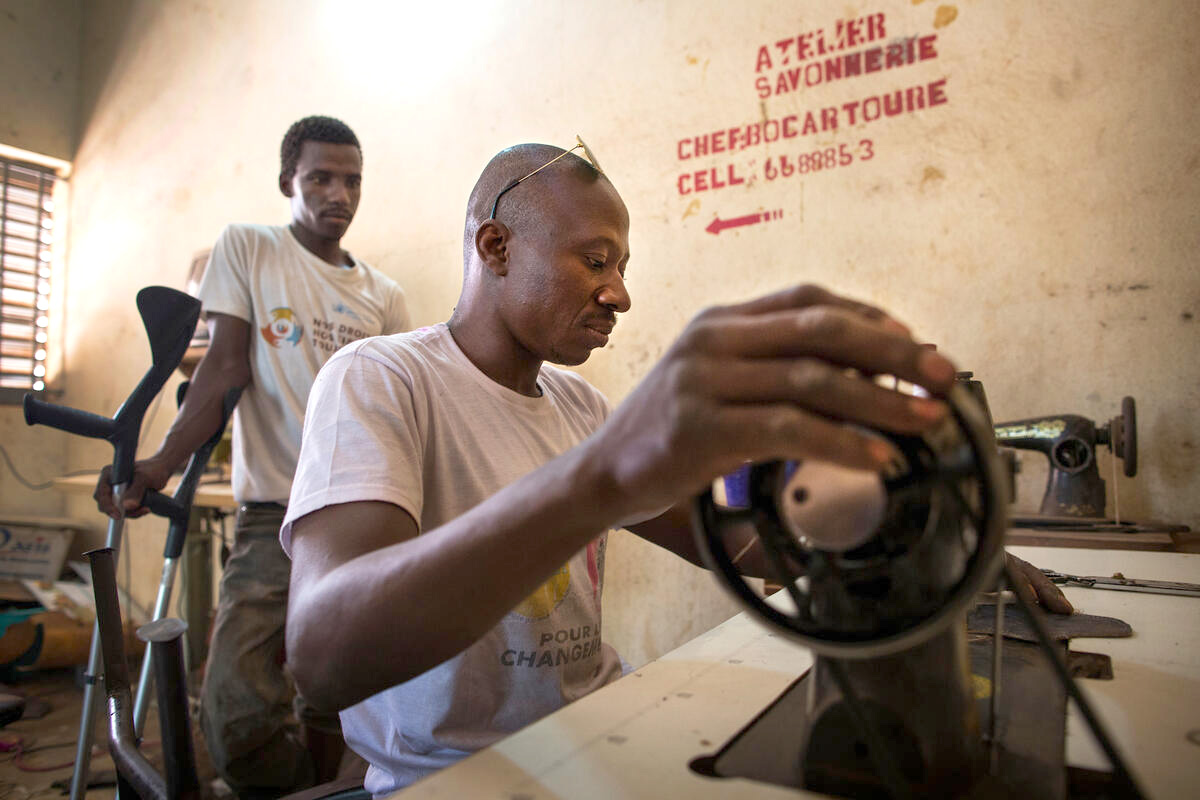Water is the lifeblood of all life on Earth. And yet, over 2 billion people lack access to safely managed drinking water. Over 4 billion people lack access to safely managed sanitation. Water shortages now affect more than 3 billion people. Three quarters of all the natural disasters are water-related, including floods, landslides, and other extreme weather events. A recent OHCHR report describes the global water crisis, focusing on the negative impacts of water pollution, water scarcity and water-related disasters on the enjoyment of several human rights.
Human Rights
Hiba Alhamed is a 26-year-old Syrian refugee, living in France. Her father, Ismail, went missing in 2013. While the exact number is unknown, at least tens of thousands of Syrian men, women and children have been forcibly disappeared, detained, abducted or gone missing in Syria since the outbreak of conflict in 2011.
Autism is a lifelong neurological condition that manifests during early childhood, irrespective of gender, race, or socio-economic status. Appropriate support, accommodation and acceptance allow those on the Spectrum to enjoy full participation in society. The breakdown of support systems due to COVID-19 exacerbated the obstacles that persons with autism face. We must ensure that these disruptions do not result in rollbacks of the rights of persons with autism, including the right to work. On World Autism Awareness Day we celebrate diversity and promote the rights of persons with autism.
Down syndrome occurs when an individual has an extra copy of chromosome 21. It is not yet known why this syndrome occurs, but it exists across the globe and results in variable effects on learning styles, physical characteristics and health. This World Down Syndrome Day focuses on improving connections to ensure that all people with Down syndrome can CONNECT and participate on an equal basis with others. Due to the pandemic we all had to adapt the ways we connect, yet many people have been left behind. Let’s connect in an increasingly inclusive way and to recover better.
Young people massively showed their support at the 2020 Black Lives Matter marches. On the streets, groundswells of youth came together to protest racial injustice. On social media, they mobilized participation, calling on their peers to speak out, and to stand up for equal rights of all. Their activism was all the more remarkable in the context of the COVID-19 pandemic, which saw restrictions on public gatherings. Together, let us #FIGHTracism to foster a global culture of tolerance, equality and anti-discrimination. Let us stand up against racial prejudice and intolerant attitudes.
Promoting self-esteem and well-being, BTS is renewing their commitment to the LOVE MYSELF campaign in support of UNICEF’s work to end violence and neglect.
Data is critical to providing a better understanding of the nature, magnitude, severity, and frequency of violence against women and girls. While countries are increasingly using similar definitions and approaches, gaps remain in the availability of data on some forms of violence, such as femicide, sexual harassment, and online violence. UN Women established the Global Database on Violence against Women, which includes country profiles with data on various forms of violence. It also identifies effective policy responses to prevent and address violence against women around the world.
On this Zero Discrimination Day join UNAIDS in raising awareness about the inequalities that prevent people from living a full and productive life and demanding that governments fulfil their commitments and obligations to end all forms of discrimination. Inequalities surrounding income, sex, age, health status, occupation, disability, sexual orientation, drug use, gender identity, race, class, ethnicity and religion persist around the world. We cannot achieve sustainable development and make the planet better for all if people are excluded from the chance of a better life.
UN Secretary-General António Guterres addressed the opening of the High-level segment of the 46th session of the Human Rights Council in Geneva, with a call to do even more to bring to life the Call to Action for Human Rights. The Call to Action is the Secretary-General’s transformative vision for human rights. Underpinning the work of the entire UN system, human rights are essential to addressing the broad causes and impacts of all complex crises, and to building sustainable, safe, and peaceful societies.
UNAIDS reports that the Kyrgyzstan Constitutional Court excluded HIV from the list of diseases that prevent people from adopting children or becoming guardians or foster parents. The barrier to parenting for people living with HIV had been in effect for many years. The change—brought about by a joint effort of activists, lawyers and human rights defenders, but primarily by people who personally suffered from discrimination and fought for their rights—is a victory against stigma and discrimination against people living with HIV in Kyrgyzstan.
IMO welcomed the industry-led Neptune Declaration, which calls for seafarers to be designated as key workers and for cooperation to end the crew change crisis.
The work of the UN and its partners never stops against human traffickers in West and Central Africa, who force people to risk their lives on dangerous journeys across the Sahara Desert and Mediterranean Sea.
The COVID-19 pandemic has negatively and disproportionately affected girls and women, resulting in a shadow pandemic that has hampered prevention efforts on harmful practices, including female genital mutilation. The UNFPA-UNICEF Joint Programme has adapted interventions that ensure the integration of female genital mutilation in humanitarian and post-crisis response. In the International Day of Zero Tolerance for Female Genital Mutilation (6 February), we reimagine a world that enables girls and women to have voice, choice, and control over their own lives.
Mukhamadjon and his student prepare for a fight at Uzbekistan’s Taekwondo Federation. Mukhamadjon was born to ethnic Uzbek parents in the Kyrgyz Republic in August 1991, just four months before the Soviet Union collapsed. Towards the end of 1992, the family moved to Namangan, but they were too late to claim citizenship and their son became stateless. “I was the Uzbek champion in kickboxing and there were moments when my coach wanted to send me for international championships abroad, but … there would always be problems with the visa,” he says. “When it came to my sporting career, it was an obstacle.” Mukhamadjon Turgunov became an Uzbek citizen this year after being stateless for 28 of his 29 years.
Human rights are rights inherent to all human beings, regardless of race, sex, nationality, ethnicity, language, religion, or any other status. Human rights include the right to life and liberty, freedom from slavery and torture, freedom of opinion and expression, the right to work and education, and many more. Everyone is entitled to these rights, without discrimination. Since its inception, the UN maintains human rights as one of its three pillars, in addition to peace and security and sustainable development. Read more about human rights as a cross-cutting theme in the Organization’s work.

